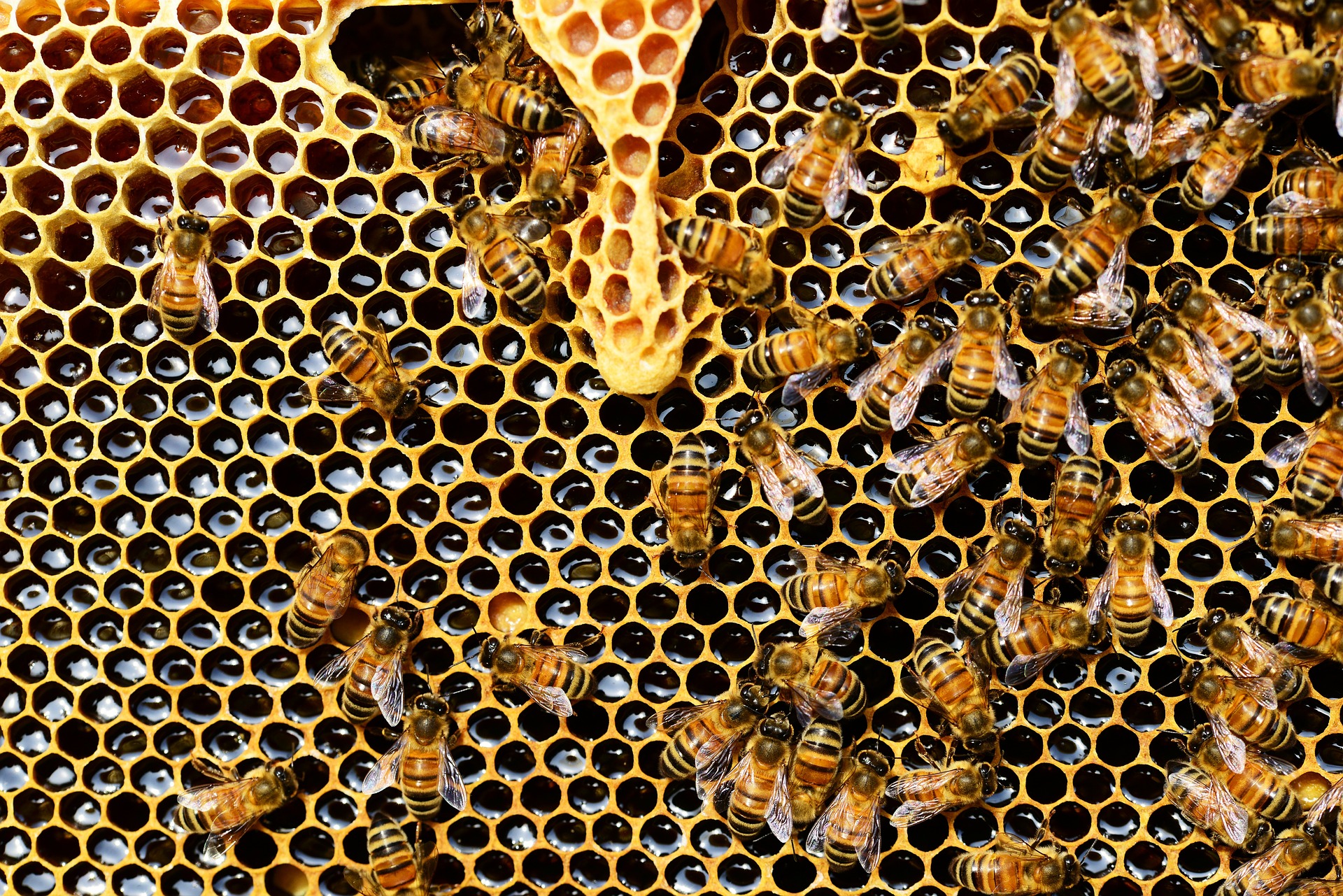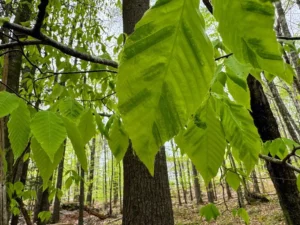We all know that here at BHS there are a variety of clubs for practically any interest you can think of. One relatively new club is focused on promoting awareness towards a worldwide issue… saving the bees! Many people’s initial reaction when hearing about saving the bees is that bees are not significant in our life, but think again! According to the United States Geological Survey, “one out of every four bites of food people take is courtesy of bee pollination.” And sadly, the bee population has significantly declined in the past years. Luckily, Bedford’s Save the Bees club is tackling this issue at a local level and trying to spread awareness on this global problem.
Jordan Leveille, President of Save the Bees, describes the club as being;
“A group of people that work together to help spread awareness about the dying bee population around the world.”
Save the Bees club tackles this issue by bringing awareness to students in the school. By exposing the problems of the bees dying hopefully the students here at BHS will take this information and make wiser decisions regarding the environment in the future. According to Leveille, the Bees Club helps spread awareness through “fundraisers and other community events.” In November the club will be participating in the Bedford Handmade Fair to promote awareness, and the club hopes to have many other successful events this year. Leveille describes the impact the club as made;
“We are helping to save the bees by breeding our own hive here at the school and by spreading awareness throughout our community”
When bees are mentioned here at BHS, many people think to the busy bee hive that sits in a glass case in one of the science rooms. One thing many students at BHS noticed last year was that the beehive was full of bees at the beginning of the year, but they all disappeared quickly into the fall months. The bees disappearance created a buzz around the school, and many asked themselves; what happened to the bees?! Well Leveille says that “our bees died for unknown reasons, but hives die out in the winter commonly, especially across the New England area.” She describes how it could have been from “lack of food or excess moisture in the hive, but we have no definite reason.” So it is safe to say that the bees had no mysterious disappearance, it was natural and not uncommon for the bees to die.
Save the Bees club meets every first and third Wednesday of the month in room 204. If this topic interests you, definitely consider checking this club out!











